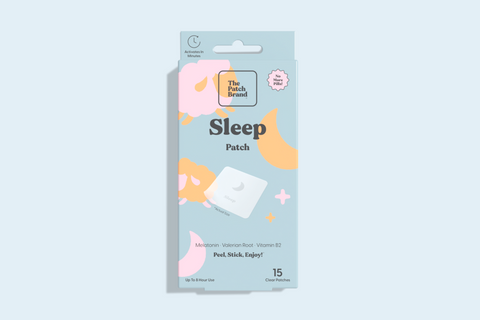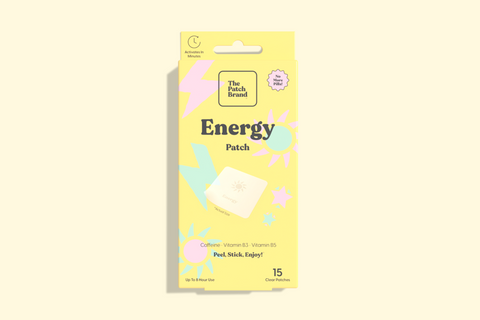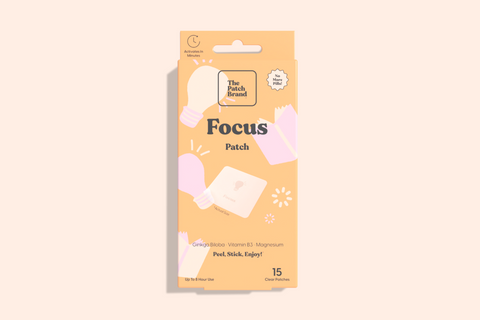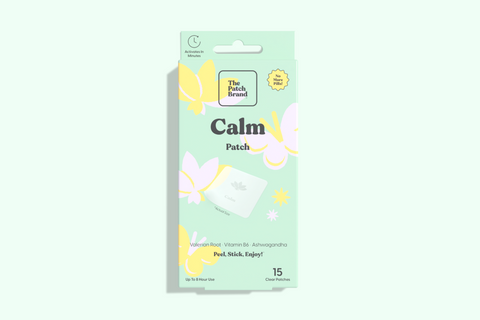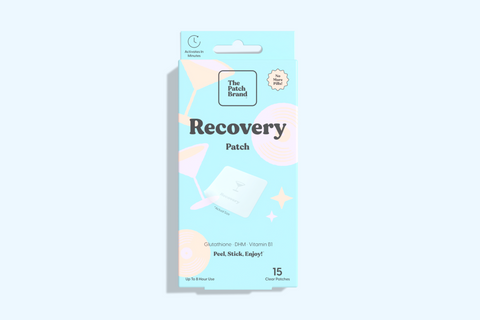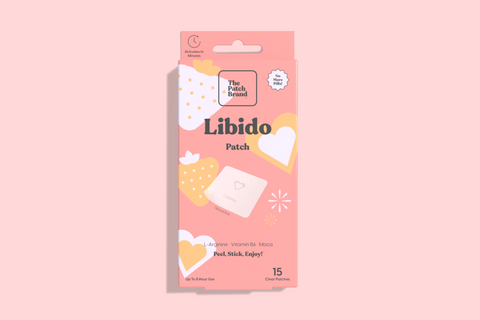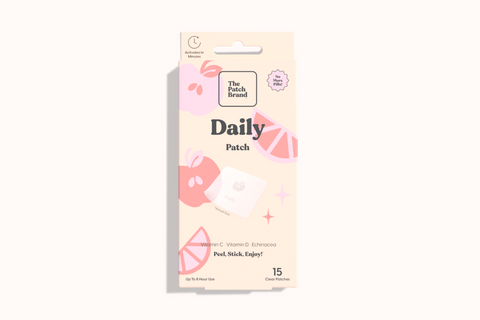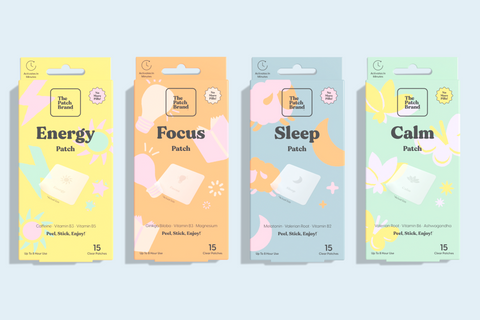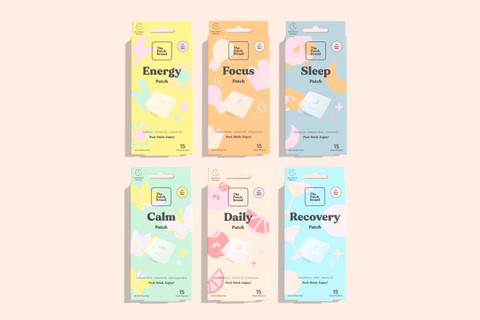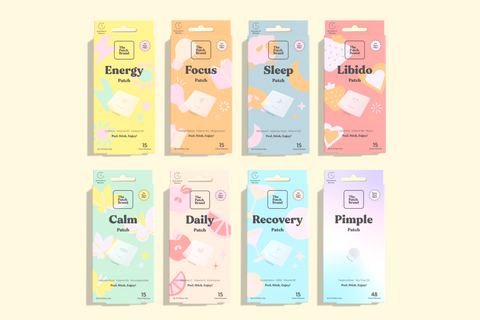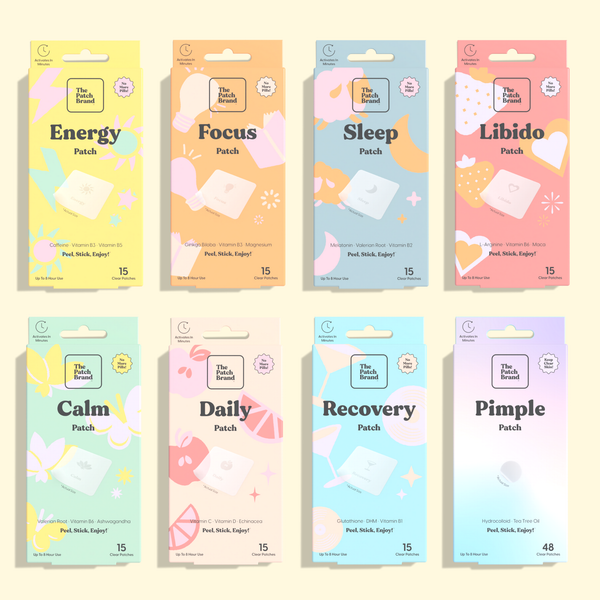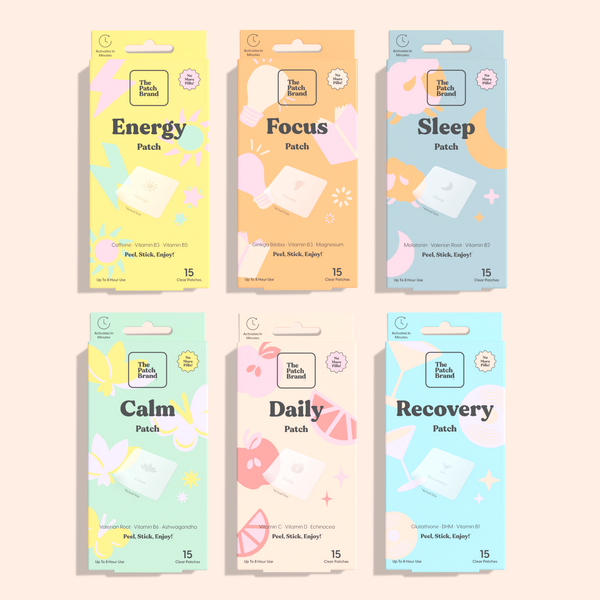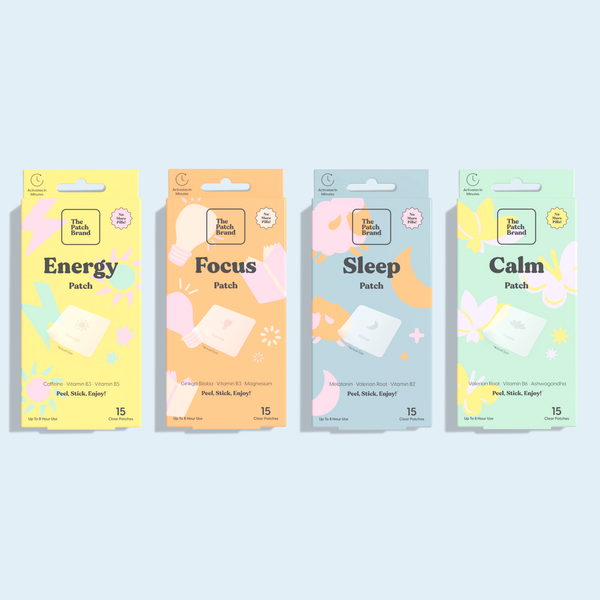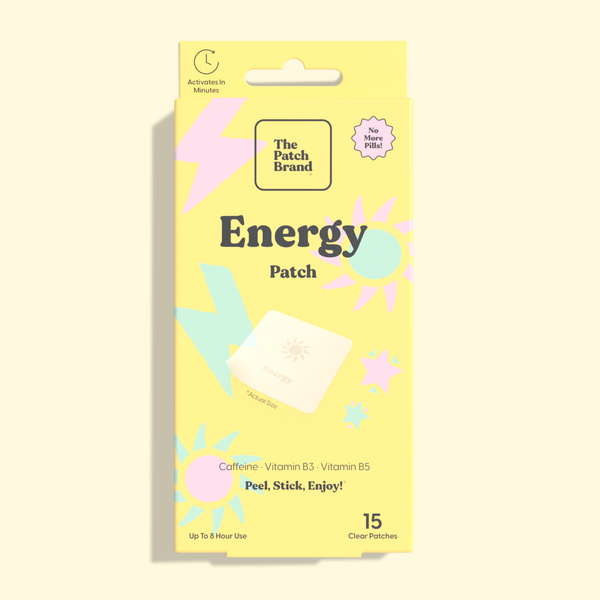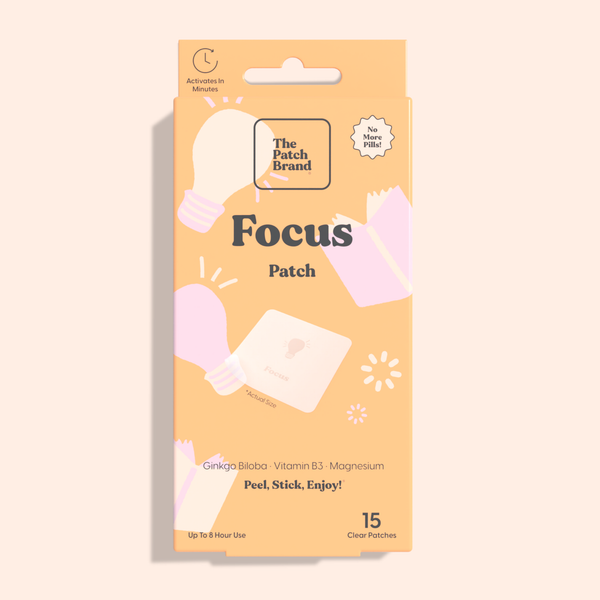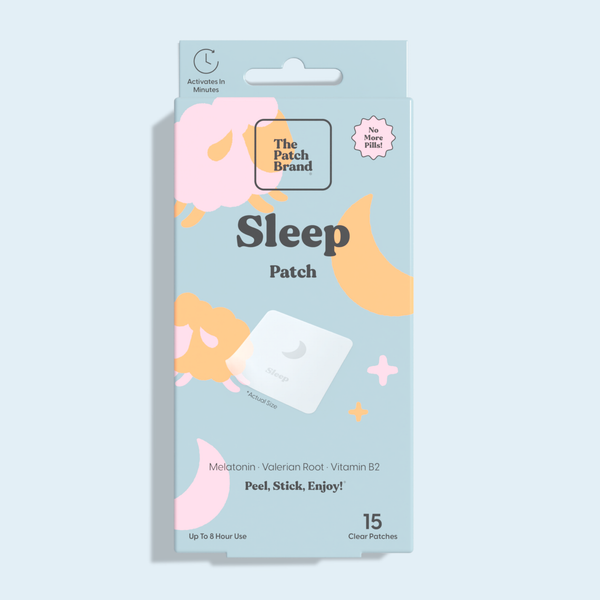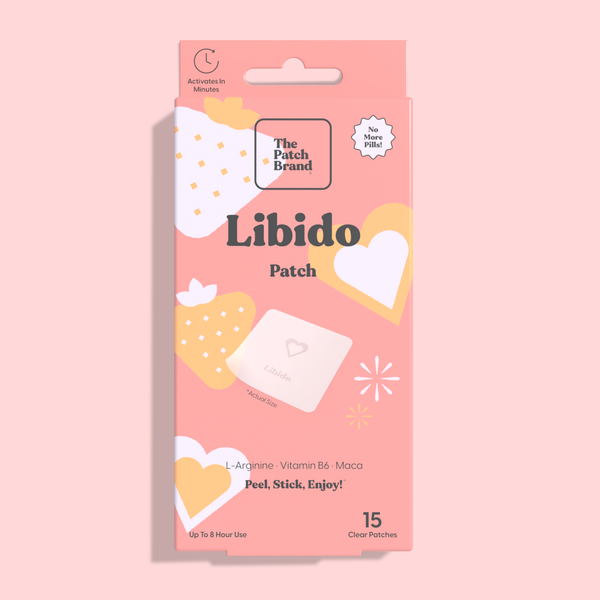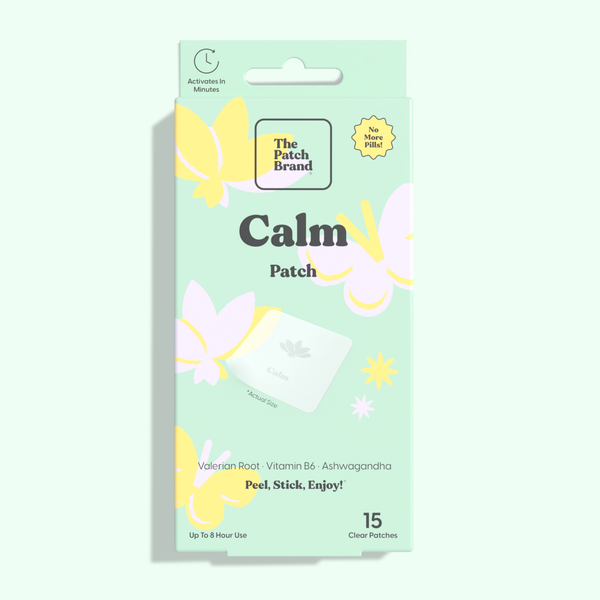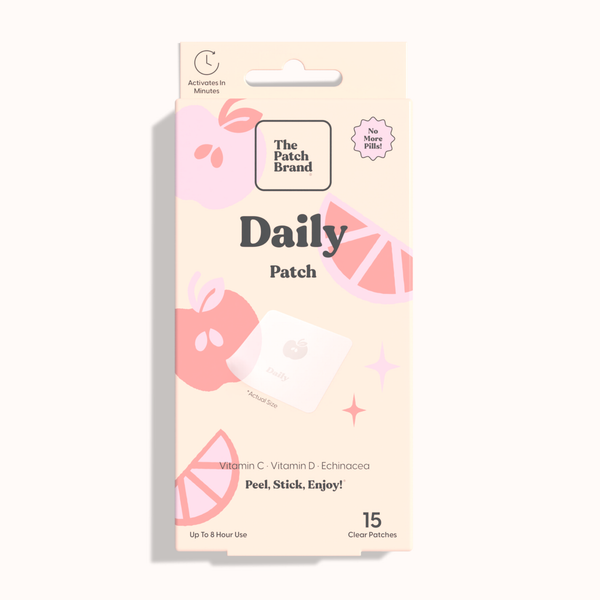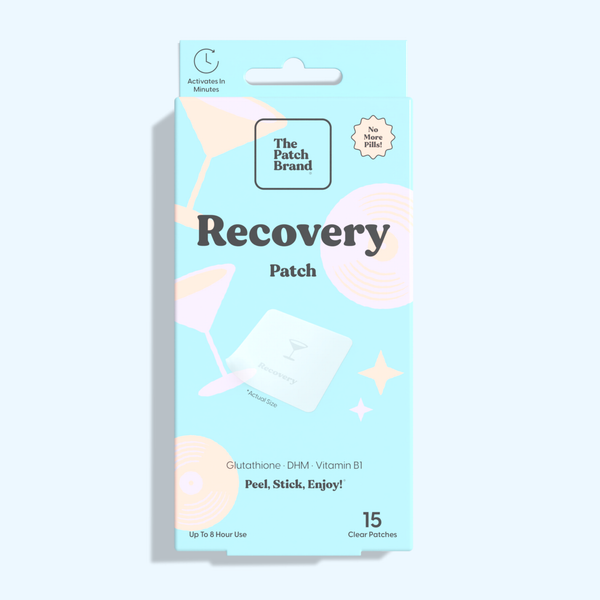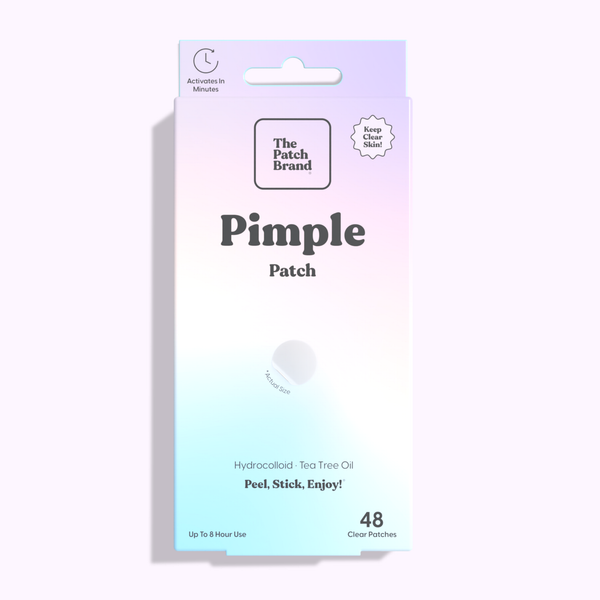Do you often feel forgetful and have trouble focusing? If so, you may need to take vitamin supplements to improve your brain function. One great option is
vitamin patches. Patches filled with essential vitamins help to keep your mind sharp and focused when applied. In this blog post, we will discuss the ingredients in them and how they help to improve brain function. We will also provide a list of the
best vitamin patches for focus available on the market today!
The Importance of Vitamins For Your Body
Vitamins are essential nutrients that your body needs to function properly. They help support various bodily functions, including cell growth, immune system health, and brain function. Regarding brain function, vitamins play an important role in cognitive performance and memory formation.
The Lack of Vitamins and Brain Function
Vitamin deficiencies are not merely inconvenient; they pose serious threats to overall health, particularly in how they affect brain function. Insufficient intake of vitamins like B12, B6, and folate can directly impact cognitive abilities, leading to symptoms such as memory lapses, confusion, and in severe cases, neurological damage. For example, vitamin B12 deficiency can cause significant cognitive decline and is often linked with neurological and psychiatric disorders. Elderly individuals are particularly vulnerable as their bodies become less efficient at absorbing nutrients. Vitamin D, often overlooked in terms of cognitive health, also plays a crucial role. Its deficiency has been associated with an increased risk of developing dementia, particularly Alzheimer’s disease.
It’s important to recognize that getting vitamins through diet is preferable, but not always achievable for everyone due to various lifestyle or health conditions that may limit food intake or nutrient absorption. In such cases, supplements can play a vital role in maintaining optimal vitamin levels. However, it’s crucial to consult healthcare professionals before starting any supplement regimen, as excessive intake of certain vitamins can be harmful.
Neurotransmitters and Brain Function
Neurotransmitters are chemicals that help to transmit signals between nerve cells. They play a key role in brain function and are responsible for things like mood, memory, and focus. Some vitamins, such as focus vitamins, are known to help support healthy neurotransmitter function.
The Brain Vitamins
Vitamin B6
Vitamin B6 plays a crucial role in the synthesis of neurotransmitters such as dopamine and serotonin, which are vital for regulating mood and cognitive functions. Dopamine is associated with the brain's reward system and affects emotions, movements, and sensations of pleasure and pain, while serotonin contributes to well-being and happiness.
Beyond its importance in neurotransmitter production, B6 is also involved in the metabolism of amino acids, the building blocks of proteins, and is necessary for the proper function of fats and sugars in the body. This vitamin is crucial for brain health, helping to maintain normal nerve function and preventing neurological conditions that can impact mood and cognition. Ensuring adequate intake of B6 through diet or supplements can support mental health and enhance cognitive performance.
Vitamin B12
Vitamin B12 is another essential nutrient that is vital for neurological health. It supports the protection of nerve cells and aids in the formation of myelin, the protective sheath that surrounds nerves and improves the transmission of signals within the brain. By fostering efficient nerve communication, B12 helps maintain cognitive functions such as memory and reasoning. Deficiencies in this vitamin can lead to serious nerve damage and cognitive impairments. Furthermore, Vitamin B12 plays a key role in the production of red blood cells and DNA, and it helps in the functioning of the immune system. Maintaining adequate levels of B12, particularly in older adults and vegetarians who are at higher risk for deficiency, is important for overall brain health and preventing associated neurological and cognitive disorders.
Vitamin C
This is a crucial antioxidant that significantly enhances brain health by safeguarding cells from the oxidative damage caused by free radicals. These unstable molecules contribute to cellular damage and inflammation, which can accelerate aging and predispose individuals to neurodegenerative diseases like Alzheimer's. By neutralizing free radicals, Vitamin C helps maintain the structural integrity of neurons and supports overall brain function, thereby promoting healthy cognitive processes. To reap the benefits of this vital nutrient, consider including these rich sources of Vitamin C in your diet:
-
Oranges: Known for their high Vitamin C content, oranges not only boost immune function but also help protect the brain from oxidative stress. Consuming oranges regularly can enhance the synthesis of neurotransmitters and support the integrity of neuronal pathways, aiding in cognitive function and mood regulation.
-
Kiwis: Kiwis are a potent source of Vitamin C, surpassing even oranges in concentration. This small fruit supports brain health by facilitating blood flow to the brain and reducing oxidative damage, which can improve overall cognitive abilities and protect against age-related mental decline.
-
Strawberries: Strawberries offer a delightful combination of flavor and high Vitamin C content, which contributes to the protection of neurons from oxidative damage. Regular consumption can help manage stress levels and enhance the brain's ability to process information by improving neuronal connections.
-
Bell Peppers: Particularly in the red variety, bell peppers contain a substantial amount of Vitamin C. They contribute to cognitive health by preserving the structure of neural pathways and supporting the creation of neurotransmitters, which are crucial for optimal mental function.
-
Broccoli: This cruciferous vegetable is loaded with Vitamin C and other antioxidants, which help shield the brain from oxidative stress and reduce the risk of neurodegenerative conditions. Broccoli also supports brain health by enhancing the detoxification of harmful compounds and improving cognitive longevity.
-
Guava: Guava stands out as one of the fruits with the highest levels of Vitamin C. It supports brain health by protecting neurons from damage and by aiding in the repair and growth of new neural tissues, making it a valuable addition to a brain-healthy diet.
-
Papaya: Rich in Vitamin C, papaya helps neutralize free radicals that cause oxidative stress in the brain. Regular intake can improve memory and concentration by boosting the flow of blood and nutrients to the brain, enhancing overall mental performance.
-
Kale: Kale is not only a superfood for general health but also a rich source of Vitamin C, which helps combat oxidative stress in the brain. Its intake is associated with improved mental clarity and prevention of cognitive decline, thanks to its high antioxidant content.
-
Snow Peas: Snow peas provide a healthy dose of Vitamin C and are beneficial for brain function. They assist in the synthesis of neurotransmitters and enhance the protective barriers against oxidative stress, thereby supporting sustained cognitive abilities.
-
Pineapple: Pineapple contains bromelain in addition to Vitamin C, which has anti-inflammatory properties that benefit brain health. Regular consumption can help maintain cognitive function and delay cognitive decline by reducing inflammation and oxidative stress within the brain.
Incorporating these Vitamin C-rich foods into your diet is not only beneficial for physical health but also critical for maintaining and enhancing cognitive function. Regular intake of these nutrients can significantly improve the brain's ability to manage oxidative stress and inflammation, promoting long-term brain health and preventing the progression of neurodegenerative diseases.

Vitamin D
It plays a vital role in brain health and cognitive function, particularly in the regulation of calcium levels within the brain, which is crucial for the activation of neural pathways. It also supports the growth and development of brain cells, contributing to a healthier brain structure and functioning. Adequate levels of Vitamin D are linked to a lower risk of developing neurological disorders and can help enhance mood and cognitive performance. This vitamin is unique because the body can produce it when exposed to sunlight, but it can also be obtained through dietary sources and supplements. Maintaining sufficient Vitamin D levels is especially important for individuals in regions with limited sunlight exposure and for promoting brain health across all ages.
Vitamin E
Vitamin E is a crucial antioxidant that protects the brain from oxidative stress, a condition that can lead to cellular damage and accelerate brain aging. This vitamin helps safeguard the delicate neuronal structures and promotes healthy blood flow to the brain, which is essential for optimal cognitive function. Vitamin E's protective role extends to maintaining the integrity of cell membranes, ensuring that nerve signals are transmitted efficiently across neurons. Additionally, studies suggest that high levels of Vitamin E can prevent cognitive decline, particularly in the elderly, and may improve overall brain function. Regular consumption of foods rich in Vitamin E, such as nuts, seeds, and leafy greens, or appropriate supplementation, can support brain health and enhance cognitive capabilities.
Vitamin Patches
Vitamin patches have emerged as a convenient and innovative alternative for individuals looking to supplement their daily intake of essential nutrients. These transdermal patches are designed to deliver vitamins and minerals directly through the skin. This method of delivery is particularly advantageous because it avoids the gastrointestinal tract, where factors such as stomach acid and digestive enzymes can degrade or limit the absorption of nutrients. As a result, vitamin patches can offer a more efficient absorption process, especially beneficial for those with digestive issues such as irritable bowel syndrome or gastric bypass patients. Additionally, the slow and steady release mechanism of these patches ensures a constant supply of nutrients over several hours, promoting optimal absorption and utilization by the body.
Vitamin patches provide a non-invasive and pain-free alternative, enhancing user compliance and convenience. They are typically designed to be hypoallergenic and can be easily applied to areas of the skin where they are less likely to irritate. This aspect of vitamin patches not only broadens their appeal but also increases their practicality for a wide demographic, including the elderly, children, and those who lead active lifestyles or travel frequently.

The Benefits of Vitamin Patches For Brain Function
These patches offer a convenient and efficient way to improve brain function. They ensure that your brain gets the nutrients it needs to function properly. These nutrients are slowly released into your system, allowing for better bodily absorption.
The Patch Brand is one of the best vitamin brands that offer vitamin patches. They have great options, including ones that support cognitive function and memory, such as vitamins for focus.
How to Use Vitamin Patches
Focus vitamin patches present an innovative and hassle-free approach to boosting cognitive abilities and overall brain health. By delivering vitamins and nutrients directly through the skin, they bypass the digestive system, which can sometimes degrade these essential compounds. Here's how to use them effectively to maximize their benefits:
-
Preparation: Before applying a vitamin patch, it is crucial to prepare the skin properly to ensure optimal absorption of the nutrients. Begin by selecting a clean area of the skin that is free of any lotions, oils, or dirt. It's best to choose a spot where the skin is relatively thin and has good blood flow, such as the inner forearm or the side of the stomach. Cleaning the area with soap and water and drying it thoroughly will remove any barriers that might prevent the patch from adhering properly and delivering the nutrients effectively.
-
Application: The next step is the actual application of the patch. To do this, first, peel off the protective layer from the patch to expose the adhesive side. Apply the patch to a part of the body that has minimal hair and movement, such as the upper arm, shoulder, or hip. These areas not only ensure that the patch stays in place throughout the day but also facilitate better absorption due to the presence of relatively stable skin. Press the patch firmly against the skin to eliminate any air bubbles and to make sure it sticks well.
-
Duration: For the best results, the patch should be worn for at least 8 hours. This duration allows a steady and controlled release of vitamins directly into the bloodstream, ensuring that the body receives a constant supply of nutrients throughout the wear time. Wearing the patch for the recommended time ensures that you experience the full cognitive and health benefits. After the time is up, gently peel the patch off and dispose of it properly. It's advisable not to reuse a patch to prevent any risk of infection or decreased effectiveness.
By integrating vitamin patches into your daily routine, you can support your brain health and function simply and effectively. This method of nutrient delivery is particularly beneficial for those who have difficulty with traditional oral supplements, providing a reliable alternative that ensures consistent intake of vital vitamins.
Vitamin patches offer a highly effective and innovative solution for those looking to enhance their cognitive functions and overall brain health. Incorporating vitamin patches into your daily regimen could significantly contribute to maintaining and enhancing your cognitive health and overall well-being. Thus, embracing this modern approach could be a transformative step toward achieving a sharper, more vibrant mind.


